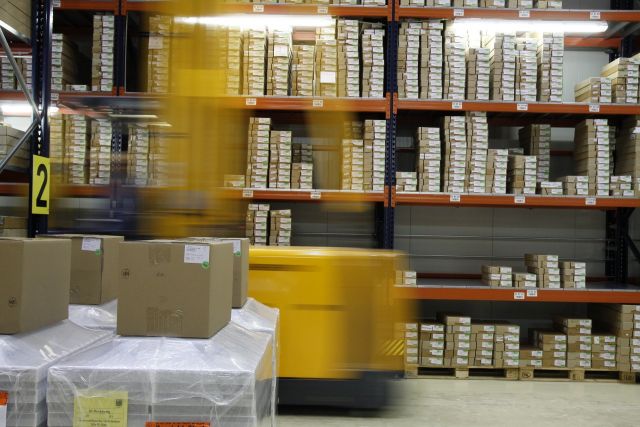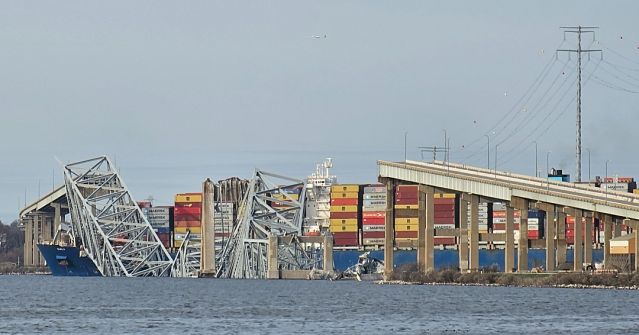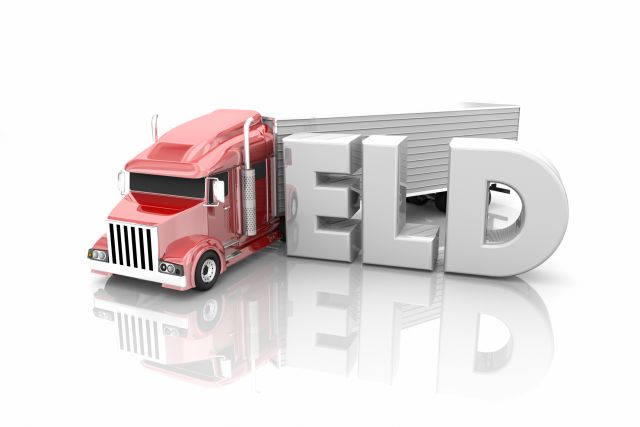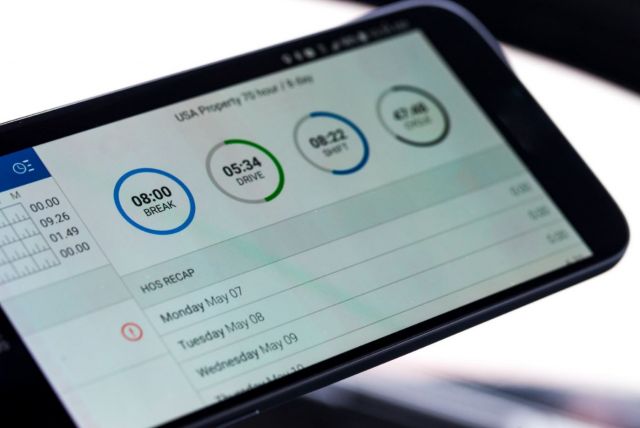As a technology, blockchain is usually associated with cryptocurrency. In recent years though, people have been exploring the potential uses blockchain can have in other industries. Simply put, blockchain is a decentralized shared digital ledger that operates on a peer-to-peer network. Lately, logistics companies have been embracing blockchain and the boosted efficiency and transparency it brings. Many have called it a revolutionary technology for the industry. Below is how blockchain is changing the logistics landscape.
Improved Supply Chain Transparency
More than ever before, consumers care about where their goods are coming from. With blockchain, it’s easier than ever to be completely transparent about supply chains. Both consumers and companies can use blockchain to track goods through the entire supply chain. Many retailers are already using blockchain-based systems, especially for tracking food items. Walmart now uses this technology to trace food all the way back to the original farm. This not only allows consumers to know where their food is coming from but also makes it easier for companies to trace infected or tainted batches if needed. Overall, increased supply chain transparency allows consumers to make informed purchasing decisions and helps companies improve efficiency and reduce waste.
Settling Payment Disputes
Handling disputes are just a part of working in the logistics industry. Every day there is an estimated $140 billion tied up in disputed payments between shippers, suppliers, transportation providers, and carriers. Disputes happen for several reasons, from weather delays to misplaced goods, and they can take a heavy toll on companies. Blockchain is a simple solution that can help iron out any issues. All parties have access to the cargo data, which makes it much easier to settle any issues and allows everyone to get paid sooner. This means that there is no need to bring in a third party or independent auditor, which saves time and money for all parties.
Efficient Invoicing and Payments
Due to blockchains ties with cryptocurrency, it should be no surprise that this technology can also improve invoicing and payment in the logistics industry. Having an efficient and secure payment system is a major concern today, especially since it’s one of the most targeted sectors for cybersecurity attacks. By using smart contracts, invoicing and payment processing becomes efficient, transparent, accurate, and most importantly secure.
Reduced Administrative Costs
Despite a number of technological advancements, the transportation and logistics industries are still overly reliant on paper transactions. Due to this, processing and administrative costs have risen to as high as 20% of transportation’s overall costs. A recent study found that a simple refrigerated shipment went through more than 30 different organizations and required over 200 separate communications. Not only does that eat up time and money, but it also increased the risk of loss, inaccuracy, and delays. By using blockchain technologies, companies can make the administrative process more efficient!
Effective Fleet and Inventory Tracking
At its core, the transportation industry is about ensuring goods get to where they need to be as quickly, efficiently, and safely as possible. Having an effective tracking system is imperative for doing that. Blockchain technology allows companies to monitor products, even at a micro level, in a highly effective manner. In addition to tracking goods, this technology can also be used to monitor fleets and individual truck performance. This makes it much easier to authenticate a vehicle’s past performance and maintenance history. Companies can then make more informed pricing, purchasing, and delivery decisions.



